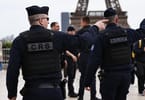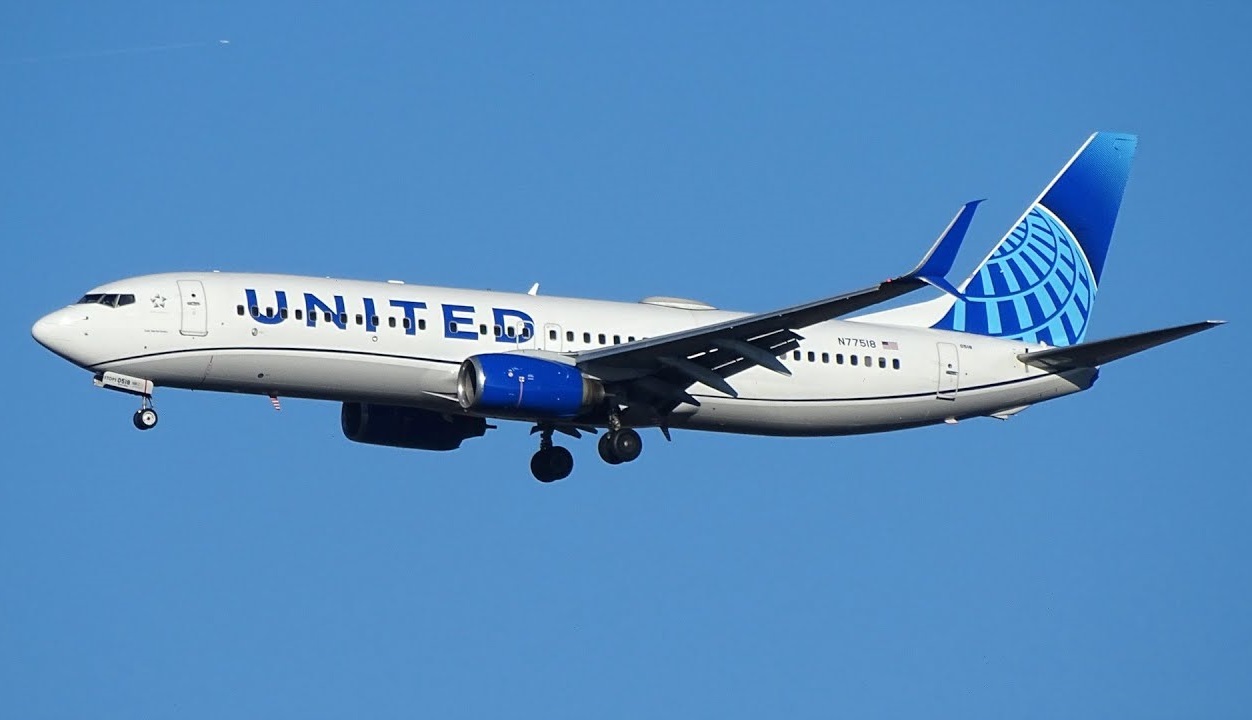When Indian police found leftover explosives on Wednesday comprised of two 4-kg bombs hidden in a bag in Mumbai’s main train station, further adding to the case already so clear: that India’s homeland security is weak. Indeed, the daunting reminder of botched security after the deadly rampage that left the government open to accusations showed state leaders missed vital warnings and confirmed their serious oversight.
India’s defense minister summoned the army, navy and air force chiefs to warn them to be prepared for terror attacks from the air and the sea in the wake of growing criticism about slack security. Terrorists pummeled Chhatrapati Shivaji train station with gunfire last Wednesday night, but authorities reopened it and declared it safe Thursday morning. Crowds of commuters quickly returned to the station – one of the country’s busiest which has been serving millions of passengers in the days since.
The last time the train station was targeted wasn’t that long ago. On July 11, 2006, a chain of Mumbai railway stations became a virtual inferno when a series of explosions ripped through the western commuter railway line early that evening (6.20 to 7.00 pm). Seven bombs exploded on crowded trains in Khar, Matunga, Mahim, Santa Cruz, Joegshwari, Borivili and Bhayenda stations. Another bomb at the Borivili railway was found and defused by Mumbai police. Over 160 were killed, and more than 200 were wounded. One train split in half.
The bombings followed a similar pattern to earlier terrorist acts in which a cluster of bombs blew up in crowded areas, apparently timed to occur during rush hours. Some reports pinned the blast down to the Kashmiri Islamic extremist militant group Laskhar-e-Toiba said to have increased targeting of Indian tourists in Kashmir. So are India’s tourists at high risk as they serve terrorists’ “soft” targets at the Taj, the Oberoi and the Mumbai train stop?
In a rare interview with Krishna Arya, Department of Tourism, deputy director general (overseas marketing), eTN learned that all hotels have been asked to revamped their security systems. He said: “Thorough checks will be carried out on all guests and non-guests entering the premises. More security forces are being deployed at strategic locations. There may be specialized security forces will be created in major cities in India. The entire security system is made more effective with better technology put in place so that this does not happen again. Our government is doing its best trying to look into different areas to check how these measures can be done. Our forces have done a top-notched job in a very courageous manner, gunning down all terrorists, which was quite difficult as all gunmen were inside the hotel and had access to all rooms and hostages. In spite of that, our security saved a lot of lives.”
But the chairman of the of South Asian history, director of international studies at Trinity College in Hartford, Connecticut, Vijay Prashad thinks the intelligence was very vague. “The Indian coastline is vast. Nobody can anticipate anything. India’s oceans are enormous. It is not just a swimming pool to watch,” said Prashad. “You just could not have stopped an attack like this. Even with intelligence, no one could have stopped it. The officials resigned because there was a failure on their watch; and thank God there was some intelligence.”
Arya reported many tourist groups initially canceled; however, since Monday, they said they are traveling regardless. “There may be some evident cancellations,” he said adding that after he spoke to an Australian tour operator who canceled two groups, they confirmed they are going ahead with their trips to India. Terrorism can happen anywhere in the world. India cannot be singled out. Tourism should flow normally. I don’t think we cannot succumb to these acts, nor can the world community. This can happen anywhere. We feel tourists should go on traveling,” said Arya.
If the largest Muslim country in the world is Indonesia, the second largest is not Saudi Arabia, Iran, Egypt or Pakistan. Indeed, it is India. With some 150 million Muslims, India has more Muslims than Pakistan.
It does not mean anything until terror is put in the mix with the Islamic community within India (or imported from neighboring countries) that wreaked havoc in Mumbai. According to famous author Thomas Friedman of bestseller The World is Flat, there are no Indian Muslims we know of in al-Qaeda. “There are no Indian Muslims in America’s Guantanamo Bay post 9-11 prison camp. And there are no Indian Muslims found fighting alongside the jihadists in Iraq,” he said.
But the top-notched writer added Indian Muslims have their grievances about access to capital and political representation. Friedman said, “Inter-religious violence has occasionally flared up in India with disastrous consequences.”
Terror organization Deccan Mujahedeen was blamed for Mumbai’s blast. But it was just a smokescreen. Prashad thinks the terrorists came from a group banned in Pakistan. “I don’t think the Pakistani state is involved in any kind of way. I also don’t see in any of the attacks coordinated by the LeT that the Indian Muslims were involved,” said Prashad, author of Fires in South Asia. “Disoriented, the [Indian] state seeks easy solutions: more draconian legislation, more fiery rhetoric, and more warmongering. The Congress Party-led government is pushed from the right by the Hindu nationalist BJP, which seems to want an instant attack on Pakistan, a sort of Bush reaction to 9/11.”
He added: “Those in the government in charge of intelligence and security have been sacked. … In parliamentary India there is a measure of accountability from the government, in contrast to our system, where the people are accountable to the highest elected official.”
“Terror is something which we all have to fight. It can temporarily discourage tourists coming to India. We are hopeful however that it will return to normal. We also understand India will be a little cheaper now, after the dollar has gone up and the Rupee’s gone down by 20 percent,” said Arya. “After the incident in Mumbai, people may get better deals in hotels and from tour operators. But we are hopeful tourism will rebound,” Arya said.
Prashad, also the author of “The Darker Nations: A People’s History of the Third World,” believes the recent terror attack has no link to al-Qaeda. “This group does not have THAT following. It may be a group that has been set up after the Afghan war was winding down. This is a Pakistani element fighting on behalf of the United States and the CIA in Afghanistan in the 1980s and landed in Kashmir in India. They moved from place to another,” he said. “Of course, there is this religious side there. But the terrorists are not motivated by religion but by experience in Afghanistan which they now took with them to India.”
Jacqueline Cabasso, executive director of the Western States Legal Foundation which monitors nuclear weapons policy, and is a contributor to the book Nuclear Disorder or Cooperative Security, said: “The situation between India and Pakistan is always especially crucial because they both have nuclear weapons and because of the instability of the region. The recent US-India nuclear deal, which was backed by
Obama, Clinton and Biden — Biden really pushed for it — has undermined non-proliferation efforts.”
Prashad said India and Pakistan should have to deal with these terror organizations together. “There should be not be an instant attack on Pakistan. What is necessary, they should do thorough police investigations to properly ascertain who has done this so people can be brought to justice – as a combined effort by India and Pakistan. Not unilaterally, but together. We believe India should gather enough information and go to the United Nations and work with Pakistan; not attack Pakistan immediately,” he said.
On a potential nuclear war between the nations, Prashad said, “No. No. That is not going to happen. This will be contained.” He said this is a great opportunity for both to show the world they can deal with conflict…”otherwise they are back to square one.”
ਇਸ ਲੇਖ ਤੋਂ ਕੀ ਲੈਣਾ ਹੈ:
- The bombings followed a similar pattern to earlier terrorist acts in which a cluster of bombs blew up in crowded areas, apparently timed to occur during rush hours.
- Our forces have done a top-notched job in a very courageous manner, gunning down all terrorists, which was quite difficult as all gunmen were inside the hotel and had access to all rooms and hostages.
- India’s defense minister summoned the army, navy and air force chiefs to warn them to be prepared for terror attacks from the air and the sea in the wake of growing criticism about slack security.






















